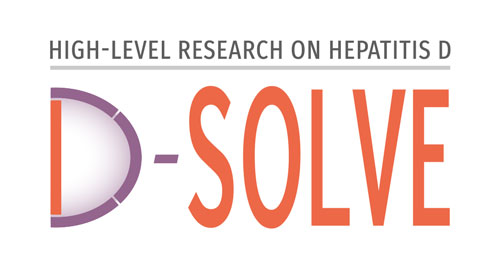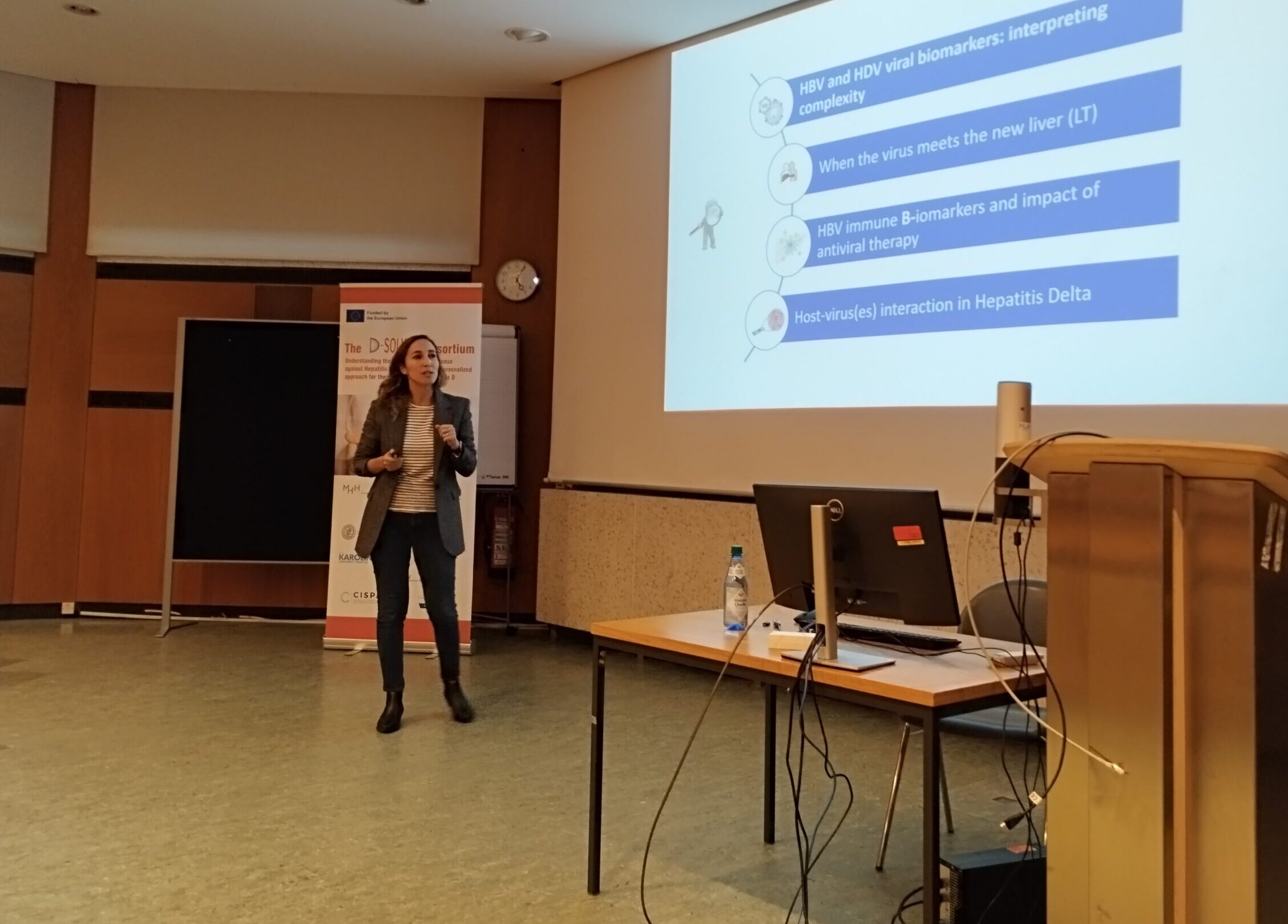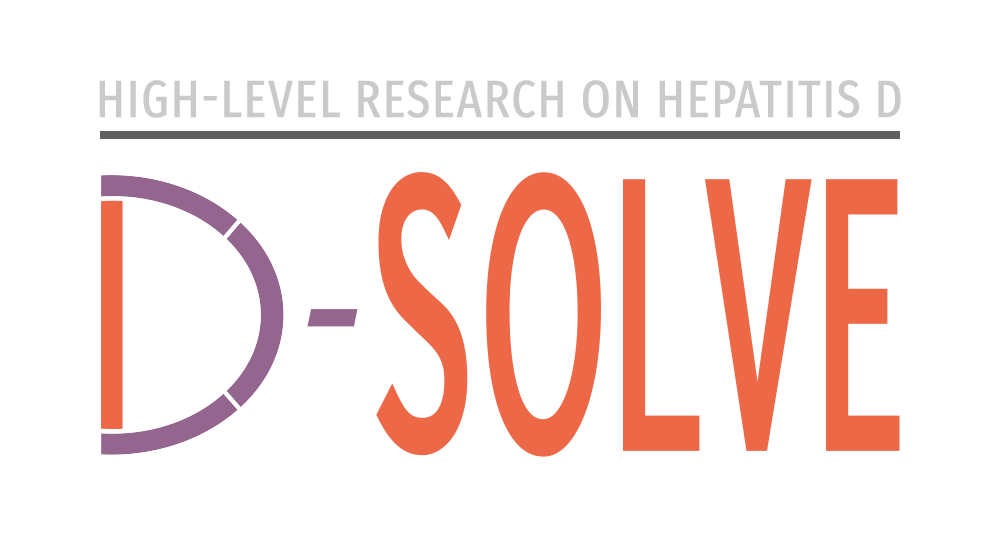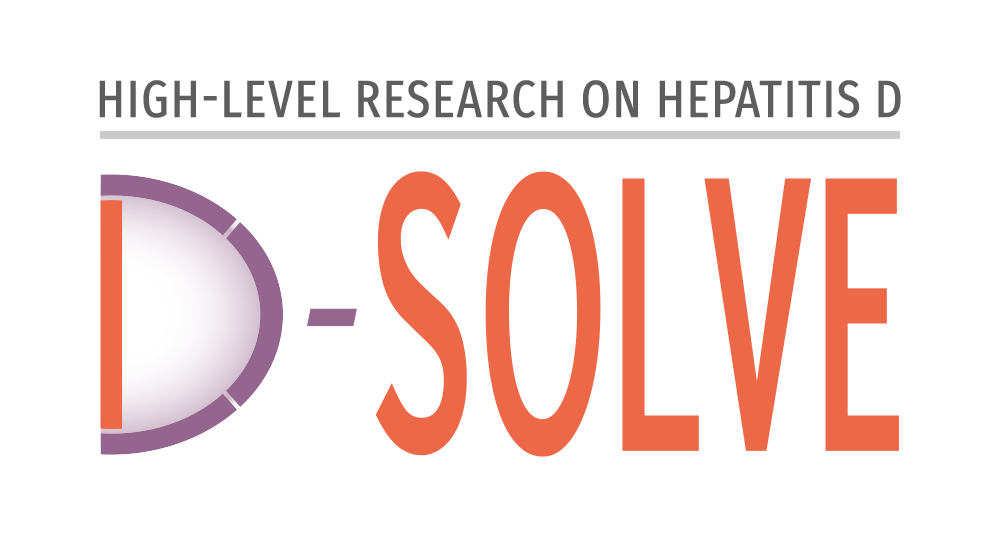The Path to Personalized Hepatitis D Treatment
Hepatitis D is by far the most severe form of chronic viral hepatitis frequently leading to liver failure, hepatocellular carcinoma and death. However, there is very limited knowledge on disease pathophysiology and host-virus interactions explaining the large interindividual variability in the course of hepatitis D. The D-SOLVE consortium (“Understanding the individual host response against Hepatitis D Virus to develop a personalized approach for the management of hepatitis D”) aims for an unbiased screening of a large multicenter cohort of well-defined HDV-infected patients to better understand individual factors determining the outcome of infection and to identify subjects benefitting from currently available treatments.
The Path to Personalized Hepatitis D Treatment
Hepatitis D is by far the most severe form of chronic viral hepatitis frequently leading to liver failure, hepatocellular carcinoma and death. However, there is very limited knowledge on disease pathophysiology and host-virus interactions explaining the large interindividual variability in the course of hepatitis D. The D-SOLVE consortium (“Understanding the individual host response against Hepatitis D Virus to develop a personalized approach for the management of hepatitis D”) aims for an unbiased screening of a large multicenter cohort of well-defined HDV-infected patients to better understand individual factors determining the outcome of infection and to identify subjects benefitting from currently available treatments.
The Path to Personalized Hepatitis D Treatment
Hepatitis D is by far the most severe form of chronic viral hepatitis frequently leading to liver failure, hepatocellular carcinoma and death. However, there is very limited knowledge on disease pathophysiology and host-virus interactions explaining the large interindividual variability in the course of hepatitis D. The D-SOLVE consortium (“Understanding the individual host response against Hepatitis D Virus to develop a personalized approach for the management of hepatitis D”) aims for an unbiased screening of a large multicenter cohort of well-defined HDV-infected patients to better understand individual factors determining the outcome of infection and to identify subjects benefitting from currently available treatments.
Why we care about Hepatitis D.
Hepatitis D poses a global health challenge, affecting up to 20 million people worldwide. Despite its prevalence, fundamental questions about the disease remain unanswered. The enigma of spontaneous viral control in some patients, variability in disease progression, and diverse treatment responses drive our research. Through our collective efforts, we strive to shed light on this complex disease and make a meaningful impact on patient care.




























